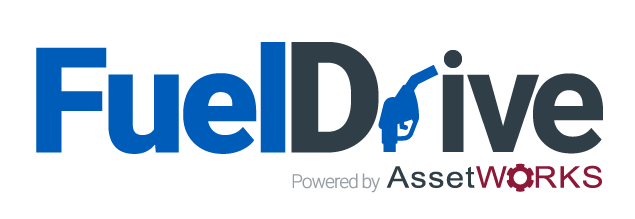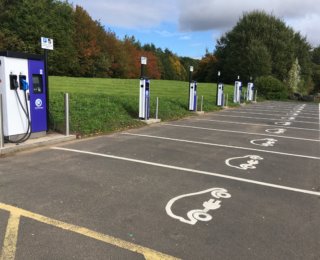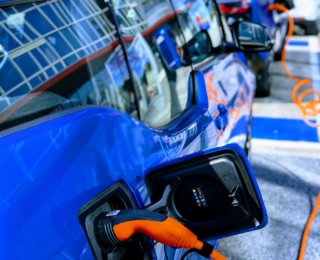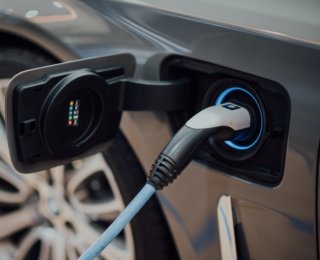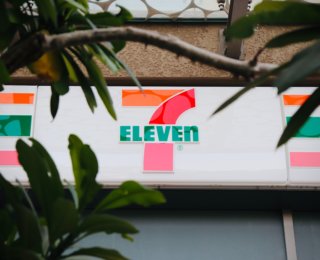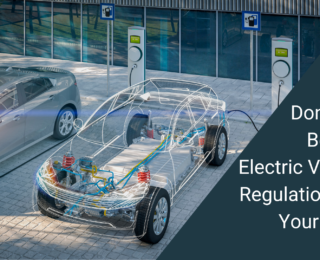Trip Planning
In the era of online maps and GPS apps, many drivers are taking the fastest and most direct route to their destinations. Fleet vehicle operators should be no exception: the most direct route can be taken to save time on the road and money in the fuel budget. A quick route is only half the battle, however. An efficient trip will have as many errands, meetings and business stops incorporated into it as possible. Try to schedule trips in the same area for the same day so that the vehicles don’t have to be taken out multiple days to travel to the same location.
Utilizing a Fleet Fuel Management Software System
One of the most effective ways to help maximize a fuel budget and optimize fuel expenses is to invest in a fuel management software solution. FuelDrive comes with the hardware and software solutions a fleet needs to operate efficiently. The fuel pump island controllers provide security protocols to reduce fuel theft and unauthorized fueling, and can capture vehicle data and telematics. With much less paperwork, human error is less likely to occur, and all of the data a fleet manager or maintenance engineer needs is located in one database.
Fuel is a necessity for any fleet department, and costs quickly add up with fleet growth and fuel price increases. The last ten years have seen quite a fluctuation within the fuel market, and fleet managers have a lot of variables and costs to consider.
Although the trend was looking favorable for consumers just a few years ago when fuel prices were dropping rapidly from a national average of $3.53 in 2013 to $2.45 in 2015, the pendulum has swung the other way again – by nearly 20%. As of August 13, 2018, AAA reports that the most recent available gas price data provides an average of $2.86. West coast states, like California, Nevada and Washington, can even experience anywhere from $3.00 to $3.77 per gallon!
Fleet managers can save their bottom line through close monitoring and optimization of fuel security and employee accountability, alternative fuels and green vehicles, maintenance and trip planning. Let’s take a look through 5 ways that fleet professionals can save money on fuel purchasing.
Preventive Maintenance (PM)
Fuel pumps can be used as a communication tool between vehicle operators and the maintenance department in addition to its primary role of refueling. Pumps can be outfitted to require the operator to input vehicle numbers and other telematics data. This data can be used to inform the maintenance department that PM is due soon. If the situation is serious enough, the pump can even restrict fueling to a vehicle with overdue PM to ensure that it is not taken on the road. PM is an efficient method to encourage vehicle life-cycle and gas mileage optimization – both of which save money in the long run.
Don’t forget to check the tires! Worn down, old, imbalanced or improperly inflated tires can create very real problems for fuel efficiency, not to mention operator safety. A quick inspection of the tires can do wonders for your budget and employee safety!
Smallest, Most Fuel-Efficient Vehicle for the Task
It’s probably no surprise that the vehicle operators in any given fleet all have their own favorite vehicles to use when they can. While this may not normally be a problem, the effects can actually add up. If a vehicle operator checks out a heavy duty pickup truck for a 500 mile business trip (where no hauling is required), then a lot of fuel is being wasted. Most compact cars have significantly better gas mileage than pickup trucks – if a car is sufficient for the task, it should be taken. Using the smallest, most fuel efficient vehicle for each task will help to optimize fuel expenses, especially if that vehicle is equipped with the ability to use alternative fuels.
Clean and Lighter Vehicles
Believe it or not, a clean and empty vehicle can make a big impact on fuel efficiency. Emptying the vehicle of excess equipment and tools, trash and personal belongings reduces the total weight, which in turn allows the engine to utilize less fuel to move the vehicle. In addition, an overly dirty vehicle can have an effect on gas mileage through aerodynamics. Optimizing the cleanliness of the vehicle can cut down on wash costs and fuel costs.
Interested in learning more about the benefits of FuelDrive and how it can give you a recurring revenue? Fill out the form below and one of our representatives would be happy to help you:
